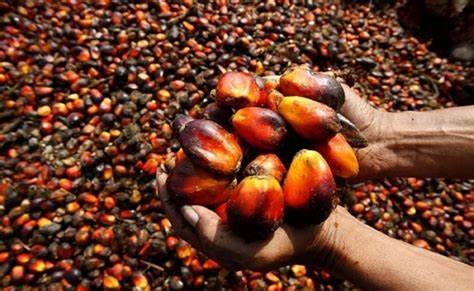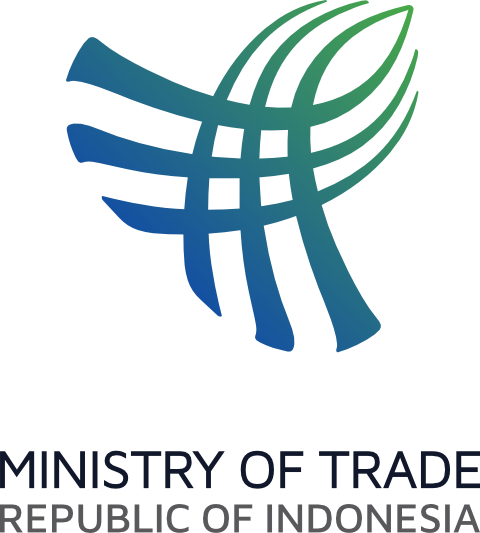
Nigeria’s Palm Oil Imports From Malaysia Surge 34% in 2023
Nigeria’s Palm Oil Imports from Malaysia Surge 34% in 2023
Nigeria’s imports of Malaysian
Palm Oil surged in 2023 by 34%, despite the devaluation of the naira and
increased local production of the crop, according to data from the Malaysian
Palm Oil Council (MPOC).
The country imported 304,043
metric tons (MT) of palm oil from Malaysia in 2023, from 227,035 MT in 2022,
indicating a 77,008 MT increase. In 2021, the country imported 309,911 MT
of palm oil from Malaysia.
And though the exchange rate fell
to a fresh low of N1,460 per dollar at the parallel market on Tuesday morning
with traders expecting further weakness in the coming days as dollar shortages
worsen, Nigeria still imports palm oil in large quantities from
Malaysia, Indonesia, and its
other neighbouring West African countries. “In Nigeria, the palm oil market
size is huge and growing. Local producers are not able to satisfy the
requirements of the food industry and households,” the MPOC said on its
website.
“The major factors that drive
palm oil usage in Nigeria are the level of customer demand provided by the
growing Nigerian population and the international price of crude palm oil,” it
added.
According to the United States
Department of Agriculture (USDA), palm oil production in Nigeria grew by 9%
from 2020/21 to 1.4 million metric tonnes in 2022. However, local production
still fell short of demand, with Nigeria consuming two million metric tonnes in
2021, leaving a deficit of 600,000 metric tonnes. This indicates that while
local production has increased, it has not kept pace with the country’s growing
demand for palm oil.
In the face of years of stagnant
output growth and growing local demand, Nigeria’s production deficit has
widened considerably, and on average, over the last five years, around 25% of
yearly domestic palm oil consumed in the country was imported.
“A decline in the international
price of crude palm oil always leads to increased imports of palm oil, as well
as smuggling from neighbouring West African countries,” MPOC said in one of its
reports.
“Despite paying an import duty of
35%, Nigeria importers are not discouraged from importing more palm oil from
Malaysia and Indonesia as the demand is always there and imported palm oil is
still cheaper than locally produced palm oil,” it added.
According to the Plantation
Owners Forum of Nigeria (POFON), 80% of palm oil planted areas are either wild
trees or managed by smallholders and medium-sized plantations with an estimated
oil yield of fewer than 0.5 tonnes per hectare.
Business Day, Feb 2, 2024








